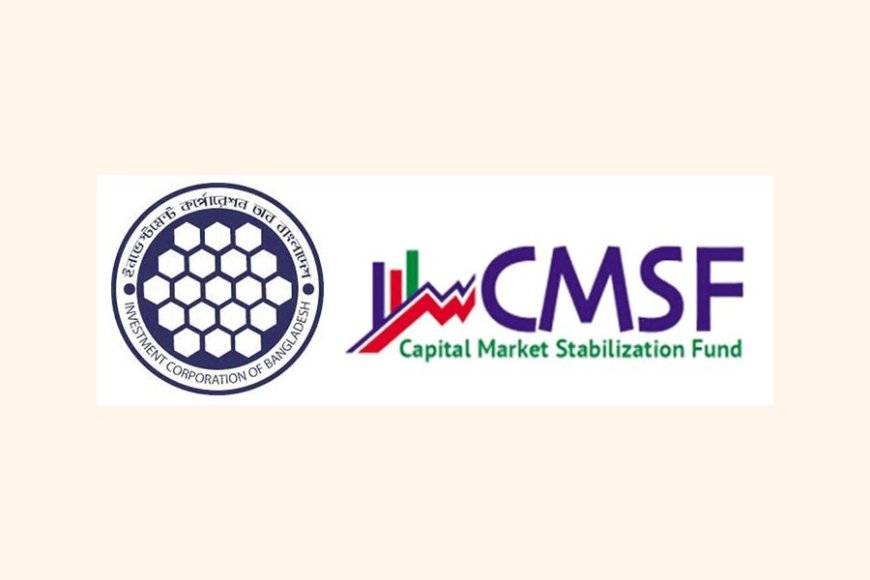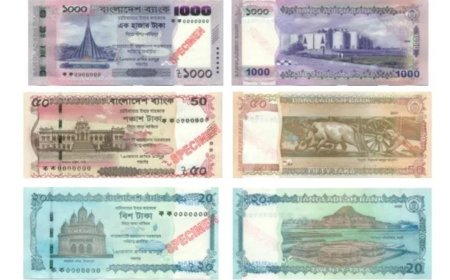Stabilisation Fund to undergo mandate revamp to strengthen Investor protection
The securities regulator expressed concern over unnecessary spending by the CMSF on its governing body and office spaces.

Capital Market Stabilisation Fund Set for Statutory Overhaul to Enhance Investor Protection
The Capital Market Stabilisation Fund (CMSF) is poised to undergo a significant transformation into a statutory fund, aiming to solidify its legal foundation and better serve its core objective—safeguarding investors' unclaimed dividends.
As part of the overhaul, the CMSF will adopt a new name and a revised operational framework. One proposed change is to restrict the investment of unclaimed dividends in equities. Additionally, listed companies may be required to distribute cash dividends through the statutory fund, simplifying tax collection and facilitating easier access to tax waivers for investors.
These proposals were tabled at a recent meeting at the Ministry of Finance, where top officials from the Bangladesh Securities and Exchange Commission (BSEC) and the Financial Institutions Division (FID) made a case for reinforcing the Fund’s legal framework before Finance Adviser Dr. Salehuddin Ahmed. Dr. Ahmed endorsed the proposed changes.
Concerns over high management costs and attempts to transfer investors’ funds to the government exchequer pushed the securities regulator to consider upgrading the Fund’s legal status. The CMSF was originally created in June 2021 under rules issued by the previous BSEC commission to support market liquidity and settle claims of undistributed dividends.
To date, the CMSF has settled claims for cash dividends amounting to Tk 94 million and stock dividends worth Tk 3.05 billion (at market value). However, significant amounts remain unclaimed—listed banks alone have yet to transfer around Tk 40 billion in undistributed dividends.
Anonymously, a CMSF official noted, “A stronger legal foundation will help recover undistributed dividends from banks more effectively.”
Mounting Legal and Operational Issues
The CMSF has faced criticism for excessive spending on its governing body and office space—concerns that have irked the BSEC. Furthermore, a division within the finance ministry had previously proposed transferring funds from the CMSF to the government exchequer, a move rejected by both the BSEC and FID, citing the rightful ownership of the money by investors and their heirs.
The Fund was initially formed under the Securities and Exchange Ordinance, 1969, but its ambiguous legal standing has posed hurdles. For instance, an earlier attempt to provide loans from the Fund's collections was scrapped after objections from the central bank.
More recently, the CMSF tried to open a foreign currency account with Modhumoti Bank to remit dividends to non-resident Bangladeshis (NRBs). Bangladesh Bank, however, blocked the move, citing the Fund’s lack of statutory legitimacy.
In light of these challenges, the BSEC and Ministry of Finance are now fast-tracking efforts to restructure the Fund through a presidential ordinance that will clearly define its scope and responsibilities, prioritizing investor interests.
Proposed Restrictions and Reforms
The CMSF has made equity investments via the Investment Corporation of Bangladesh (ICB) and sponsored the ICB AMCL CMSF Golden Jubilee Mutual Fund—moves that drew criticism for potentially distorting market regulation.
Under the proposed legal framework, such investments and sponsorships using investors’ money will be prohibited. Furthermore, the CMSF will likely be restricted to depositing funds only in state-owned commercial banks to ensure higher security.
Centralised Dividend Distribution
To reduce complications in claiming tax exemptions on dividend income, the CMSF is also seeking to centralise the distribution of cash dividends. Currently, investors must collect tax certificates from individual companies, creating inefficiencies and mismatches in tax records.
If the CMSF takes over this responsibility, investors would receive a single tax challan covering all dividends, easing the process of claiming the income tax exemption of up to Tk 50,000.
Wasi Azam, Head of Operations at CMSF, confirmed that the proposal for centralised dividend distribution is under review by the BSEC and the National Board of Revenue (NBR).
What's Your Reaction?






















































































